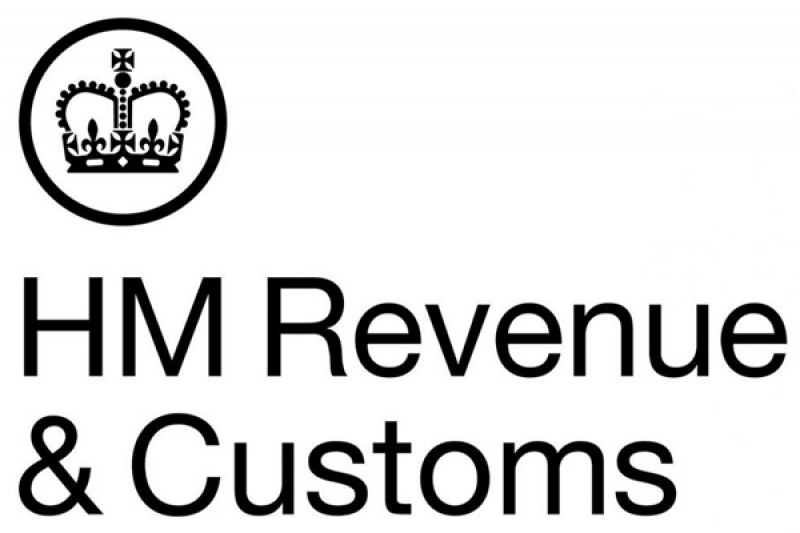HMRC are proposing several changes to the Capital Gains Tax regime, specifically in relation to properties, from 6 April 2020. We spoke with Suzanne Graham, a Chartered Certified Accountant and Partner at Hollis Accounting based in Edinburgh about the proposed changes and what they could mean for you.
Firstly, what is Capital Gains Tax?
Capital Gains Tax (CGT) is payable when you sell (or dispose of):
-Most personal possessions worth £6,000 or more (excluding cars)
-Property that is not your main home
-Your main home if you have let it out, used it for business or it is very large
-Shares that are not in an ISA or PEP
-Business assets
When Capital Gains Tax is due on disposals of assets, such as a property, tax is payable on any ‘gain’ made i.e. sales price minus purchase price.
As we are specifically considering residential property in this instance the rates of CGT that will be applicable are 18% for basic rate tax payers and 28% for higher rate taxpayers – these are chargeable on any gain made (remember the gain could push you into higher rate tax bracket). Currently CGT is reported on your self-assessment tax return which is due on 31 January after the end of relevant tax year or there is an option for residential properties where you can report online via your personal tax account using HMRC’s ‘real time’ CGT service.
Are there any Capital Gains Tax exemptions?
There are several reliefs that are available with regards CGT which are complex so for this situation lets briefly mention a few of them:
• Principal private residence: As mentioned above, when people sell their own home it is covered by ‘principal private residence (PPR)’ relief so no Capital Gains Tax is payable and no disclosure to HMRC is required.
• Tax-free allowance: Every individual has a Capital Gain tax-free allowance each year which is currently £12,000 – if gains are within this allowance each tax year no CGT is payable, but you might need to declare the disposal on a personal tax return.
• Spouse exemption: It is also always worth remembering that transfers between married couples/civil partners is exempt from CGT. This can be useful as each individual is entitled to a tax-free allowance. For example, if a husband and wife jointly own a property, they each get the £12,000 allowance towards their 50% share of any gain on sale of the property.
What are the proposed changes due to come into effect from 6 April 2020?
1. 30-day reporting & payment window: This is a new reporting procedure which means that within 30 days of disposing of a property a ‘payment on account return’ will need to be submitted to HMRC along with payment of Capital Gains Tax due.
2. Abolition of letting relief: This is the removal of letting relief for individuals. Letting relief has been available on a property that at one time during ownership was a person’s own home i.e. their principal private residence.
3. 50% reduction in deemed own home relief: This will reduce the final period of deemed own home relief in half to 9 months from 18 months which is available, again, if at some stage an individual lived in a property as their principal private residence.
These proposed changes mean that owners of residential property will have to think carefully about the timing of any sale or gift of their property. The 30-day reporting and payment window is already in place for non-resident landlords who must report any sale to HMRC even if no gain was made.
For UK residents these new requirements will affect those disposing of rental properties or second homes i.e. (assuming proposed changes come into effect) from 6 April 2020 you will need to submit a ‘payment on account return’ to HMRC within 30 days of completion of the sale and make payment within the same 30-day time limit. They will not apply to disposals covered wholly by private residence relief (PPR) but will apply to the non-exempt element of the gain where only partial PPR is available.
As the reporting time-frame is only 30 days you must estimate what tax rate is applicable to them i.e. basic or higher rate even though the current tax year hasn’t yet ended which could mean people pay too much CGT and must wait until after the end of the tax year to complete a self-assessment tax return to recover any overpaid tax.
How do I navigate the new changes from 6 April 2020?
Neilsons Solicitors and Estate Agents as a firm do not hold ourselves out as taxation lawyers and therefore cannot assist you directly with the relevant paperwork therefore you have two options:-
1. You can deal with the CGT issue direct. You have 30 days from completion of the transaction to inform and pay HMRC. If you are proceeding direct this is the link to the appropriate section of the website for:
i. UK residents: Visit this page here. On that page there is a link to the “‘real time’ Capital Gains Tax Service” which requires submission through your online personal tax account (new users need to set up a new government gateway account).
ii. Non-UK residents: Already there is a requirement to report (even if nothing due) & pay within 30 days. Visit this page here. On this page there is a link to the “Tax Return” which is an online form that you can complete and submit direct to HMRC.
2. Hollis Accounting can assist you with everything.
Hollis Account Fees (quoted inclusive of VAT) start from:
• CGT calculation for inclusion by an individual into their own personal tax account – £240 (or calculation for inclusion in a personal tax return they do themselves)
• Self-assessment tax return completion for an individual – £360
• Non-resident CGT Tax return completion for individual – £300
• Non-resident CGT Tax return completion for spouses – £480 (for doing both returns to HMRC when property owned jointly)
Contact Hollis Accounting on 0131 225 2821 or email CGT@hollisaccounting.co.uk to discuss requirements further.
To discuss selling your property, book an appointment with Neilsons online here!

